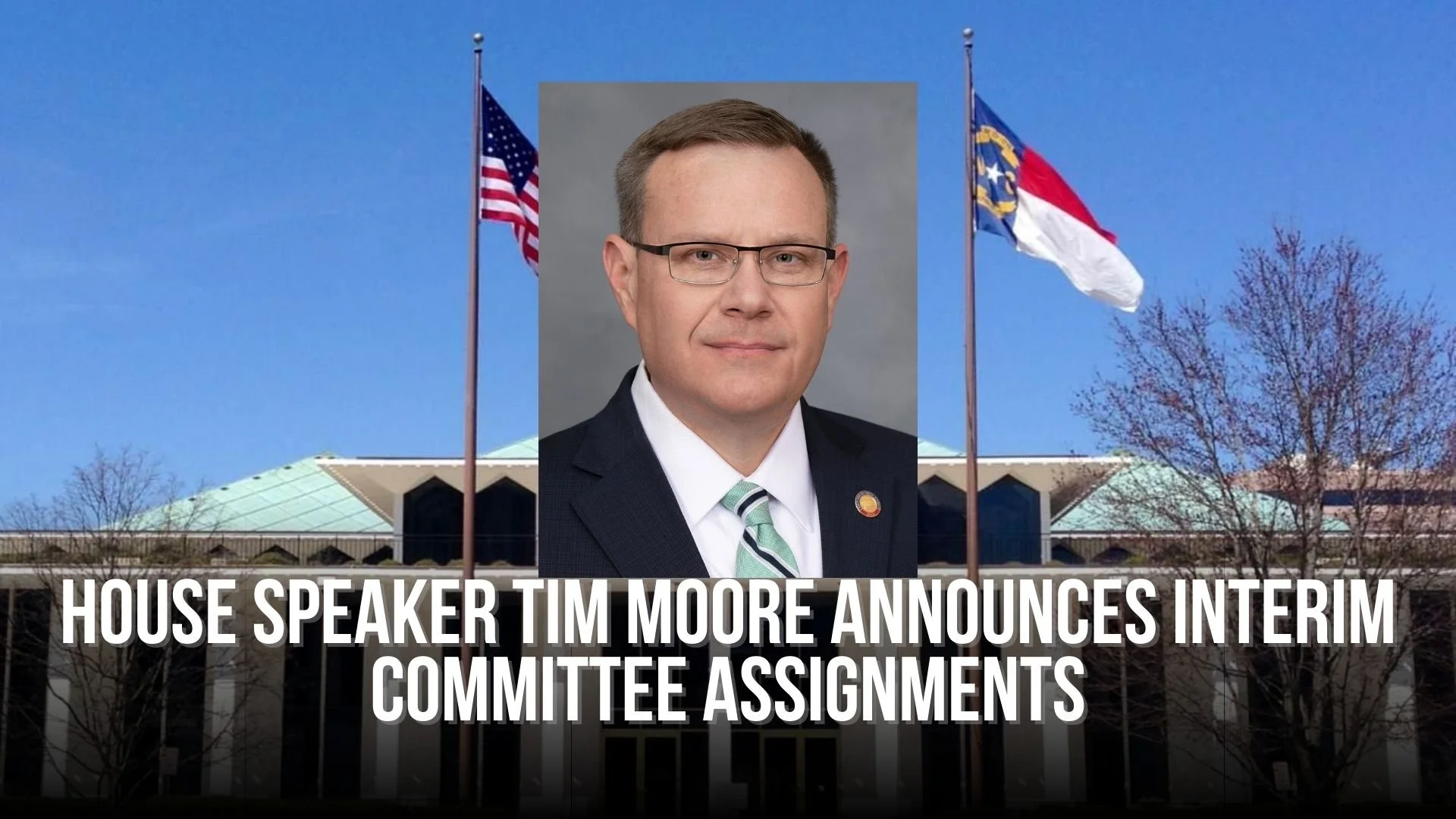Senate to Vote to Delay Primaries to June 7
State Board of Elections said districts must be finalized by week of February 14, just 12 days after Supreme Court hears oral arguments on redistricting case
Extremely short timeframe for court to make a decision and, if necessary, for legislature to draw new maps creates needless chaos
Primary delay will also give potential candidates time to decide whether to run for office if legislature draws new districts
Raleigh, N.C. – The North Carolina Senate will vote Wednesday on whether to delay all primary elections to June 7.
Why delay primary elections again?
The state Supreme Court scheduled oral arguments for the redistricting case for February 2. The State Board of Elections said that it needs finalized districts in place by the week of February 14 if it is to hold orderly primary elections under the current schedule.
State law requires the legislature to have at least 14 days to draw new districts if existing ones are struck down by a court.
But the redistricting case schedule adopted by the state Supreme Court provides as little as 12 days for the court to decide on a lengthy and complex redistricting case, write a decision, and for the legislature to draw new districts if the Supreme Court strikes down the current ones.
That is an extremely short timeframe that will cause unnecessary confusion and chaos.
The extremely short timeframe is not necessary and can be lengthened by moving the state's primary elections to June 7.
Additionally, under the current schedule, potential candidates will only have a matter of days to decide whether to run if new districts are drawn. That is not fair to potential candidates and increases the likelihood of confusion and chaos.
Why didn't the legislature just delay primary elections before redistricting started?
The legislature concluded the redistricting process a month before the candidate filing period opened. There was no reason to delay the primary back then. The entire process was finished on time and on schedule.
But then activist groups sued to enjoin the maps, and their complaints were unanimously dismissed by a bipartisan court. The activists have now moved their litigation to the Supreme Court. If that court requires new districts, voters and potential candidates will have only a few days between finalized districts and the opening of the candidate filing period. That is far too little time and is unnecessary.



